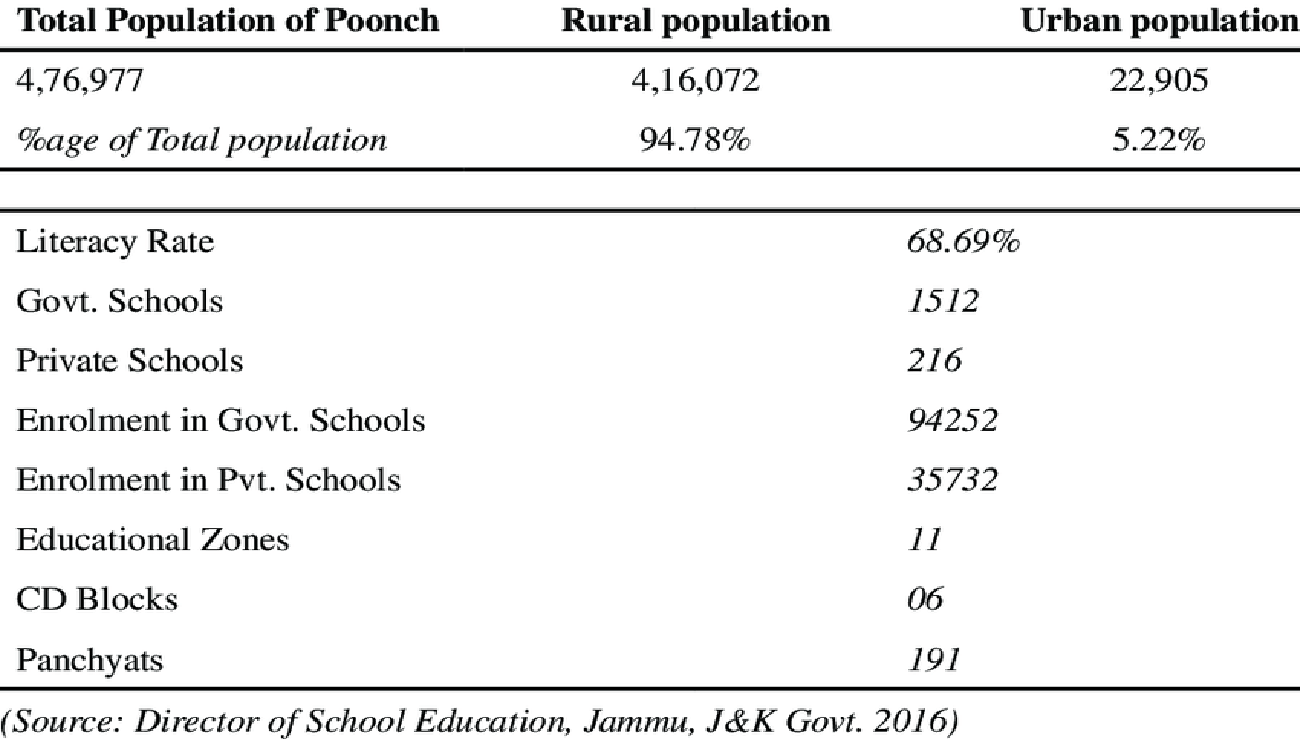
Role of Education in Inculcation of Education For Peace
Abstract:
Peace, as an integrative perspective for the school curriculum, is an idea whose time has come. Education for peace, as distinguished from peace education, acknowledges the goal of promoting a culture of peace as the purpose shaping the enterprise of education. If implemented with vigour and vision, education for peace can make learning a joyful and meaningful experience. Peace studies aims for a critical analysis of war, armed conflict and political violence as deeply-rooted phenomena that affect the daily lives of millions of people around the world. The purpose of this analysis is not merely to improve our intellectual understanding of the sources or causes of these phenomena, but also to provide us with an informed basis for effective action to end or resolve them. Peace studies involve a dynamic relationship between theory and practice, and between peace research, peace education and peace activism. Education for peace seeks to nurture ethical development, including the values, attitudes, and skills required for living in harmony with oneself and with others, including nature. This paper aims at an understanding of ways and means to incorporate peace feeling at all levels of schooling. It is also indicated that how peace can be implanted in the mind of sensitive child of twenty first century at the school and home. The various implications of peace will also be discussed .Highlights will also suggest how peace as a way of life can be inculcated in the classroom and in various extra- curricular activities of the school and in daily life situations.
Author(s):
Ila Rani, Research Scholar Jamia Millia Islamia
DOI:
Keywords:
References:
ASPNET (2003). ASPNET Draft Report: 50th anniversary International Congress ‘Navigators For Peace’, Auckland, New Zealand, 3–8.
AVP Education Committee. alternatives to Violence Project Manual [Second level Course]. New York: Alternatives to Violence Project.
Balasooriya, A.S. (1994). Management of Conflict in Schools. Maharagama, Sri Lanka: National Institute of Education
Balasooriya, A.S. (1994). Teaching Peace to Children. Maharagama, Sri Lanka: National Institute of Education.
Brok-Utne, Birgit (1985), Education For Peace. Pergamon Press, London
Harris, Ian and Synott, John. (2002) ‘Peace Education for a New Century’ Social alternatives 21(1):3-6
Hudson, Dale l.(1992) New Tools for International Understanding: a Peace Education Curriculum for Elementary School Students. Hawaii: Spark M. Matsunaga Institute for Peace, University of Hawaii at Manoa
Kekkonen. H, ( 1985) Peace Education for adult, Internal Encyclopedia of Education –Paragon Press ltd. london,.
Motz.R, (1975) New methods of teaching values. Columbia University, pg 168
“National Curriculum Framework Review 2005. National Focus Groups Position Papers. Draft: Education for Peace.” New Delhi: National Council of Educational Research and Training, 2005. 42 pp.
National Council of Educational Research and Training. Education for Peace. New Delhi: National Council of Educational Research and Training, 2002.
Rajput J.S, (1996) Teachers in search of new perspective, UNESCO-AICID, International Conference, Bangkok.
UNESCO peace package: a handbook for Teacher.
UNESCO. (2001). learning the Way to Peace. a Teachers Guide to Education for Peace. New Delhi: UNESCO.
Virmani, K.G and Chugh. S, (2003) UNESCO’s Role in Strengthening Defence of peace Through Education and Cultural- Report of INCC with UNESCO and MHRD1989.




